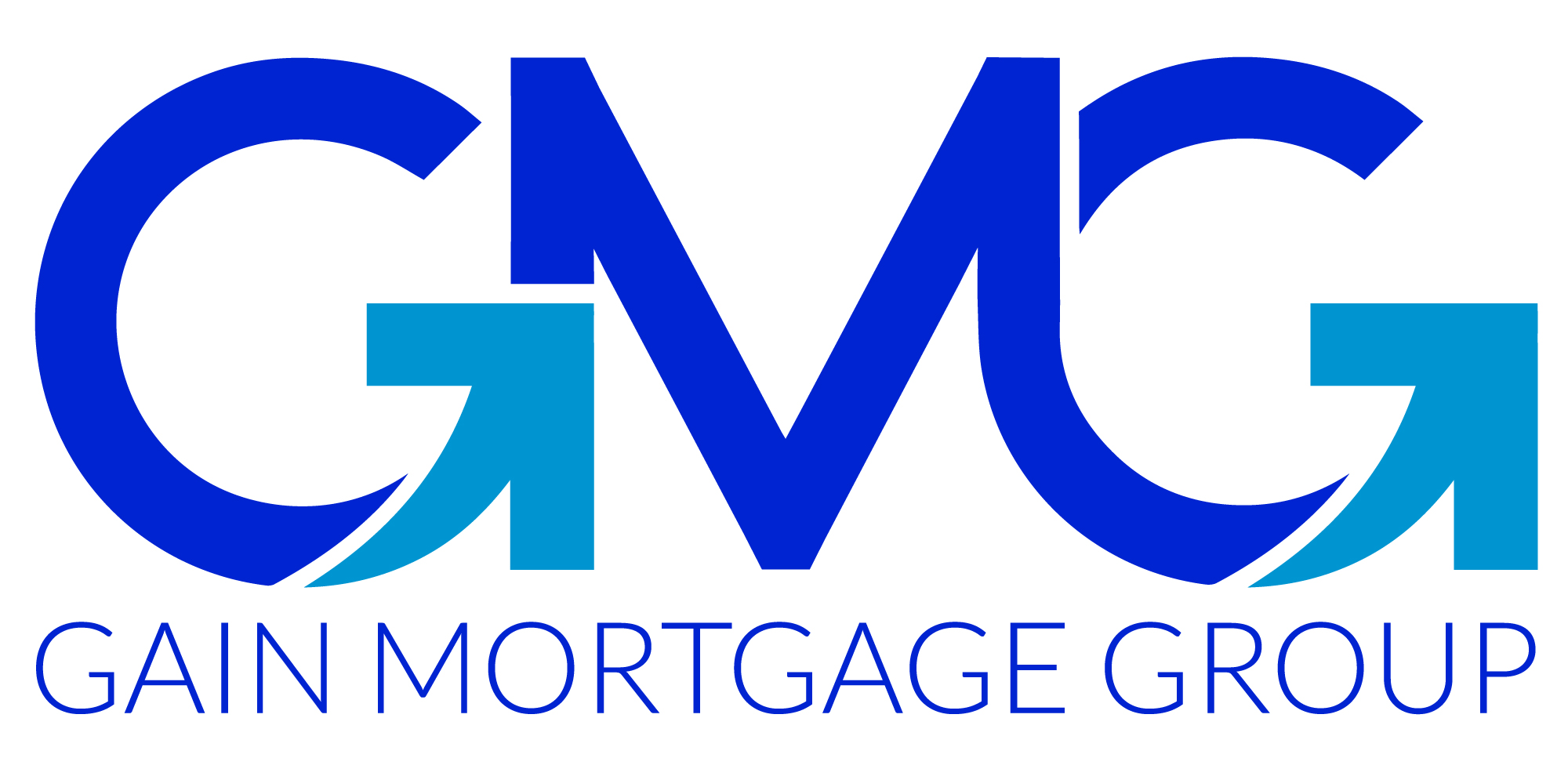The process of looking for a mortgage lender can be perplexing and frightening. There are so many lenders and companies to choose from that you may become paralyzed by choice. When looking for a loan, it can be helpful to know the differences between the various types of lenders. In addition to deciding on the type of loan, it’s critical to find the right lender to avoid wasting money, time, and aggravation. That’s why doing some research and comparing prices is so important. There’s a lot of competition. Wholesale and correspondent lenders, as well as retail and direct lenders, as well as mortgage brokers and other intermediaries, all fall into this broad category of lending. In your home-buying research, you’ve probably come across the terms “mortgage lender” and “mortgage broker,” but these terms have distinct meanings and purposes.
Those who offer and underwrite home loans are referred to as mortgage lenders. Lenders use specific borrowing guidelines to determine your creditworthiness and ability to pay back a loan you have taken out with them. They are the ones who decide on the terms, interest rate, and repayment schedule of your mortgage.
An intermediary between you and lenders is a mortgage broker. To put it another way, mortgage brokers have no say over the terms of a loan, including the amount, the timeline, or the final decision on whether to approve it. Professionally licensed mortgage brokers collect your application and supporting documentation and offer advice on how to improve your credit report and personal finances so that you have a better chance of being approved. Because they work for a variety of different lenders, many mortgage brokers can shop around for the best possible rate and deal for their clients. There are times when the borrower pays the broker’s commission in advance of closing, but this is rare.
Key Points About Mortgage Lenders
- Many mortgage lenders charge a fee for their services.
- Retail lenders provide mortgages directly to consumers.
- Direct lenders originate their own loans, either with their own funds or borrowing them elsewhere.
- Portfolio lenders fund borrowers’ loans with their own money.
- Wholesale lenders (banks or other financial institutions) don’t work directly with consumers, but originate, fund, and sometimes service loans.
- Correspondent lenders are the initial lender making the loan and might even service the loan.
- Warehouse lenders help other mortgage lenders fund their own loans by offering short-term funding.
- Hard money lenders, usually private companies or individuals with significant cash reserves, are often the choice for those who want to flip a home after a quick renovation.
Although mortgage brokers work with a wide range of lenders, you should learn about the products each of these institutions has to offer before hiring one. Brokers will not have access to products from direct lenders, so keep that in mind. To get the best loan deals, you’ll want to shop around with a few lenders on your own as well as one or two mortgage brokers.
About 1% of the loan amount is charged by mortgage brokers and many mortgage lenders for their services. The borrower or the lender can pay their commission. Taking a loan at “par pricing” means that you won’t pay a loan origination fee and the lender agrees to pay the broker. Mortgage interest rates, on the other hand, are typically higher. Some brokers agree to charge you an upfront fee for their services in exchange for your cooperation. When interviewing potential brokers, be sure to find out exactly how much they charge and who pays for it.
Mortgage brokers can help you save time and effort by comparing rates from a variety of lenders on behalf of the borrower. They can. Brokers can search for lenders who offer products tailored to your situation, whether you need a loan with a low down payment or your credit is less than perfect. In most cases, brokers have long-standing connections with dozens or even hundreds of different lenders. You may be able to take advantage of their connections to obtain favorable interest rates and terms. Brokers are more likely to provide individualized service to customers because their pay is directly linked to a successful loan closing.
It can be difficult to find a lender and a loan that fit your needs. You’ll have more confidence in approaching lenders and brokers if you’ve done your homework first. When comparing mortgage rates, terms, and products, you may need to get pre-approved with several lenders. Keep your paperwork in order and be honest about any financial difficulties you may have, so lenders and brokers can offer you the best possible options.
